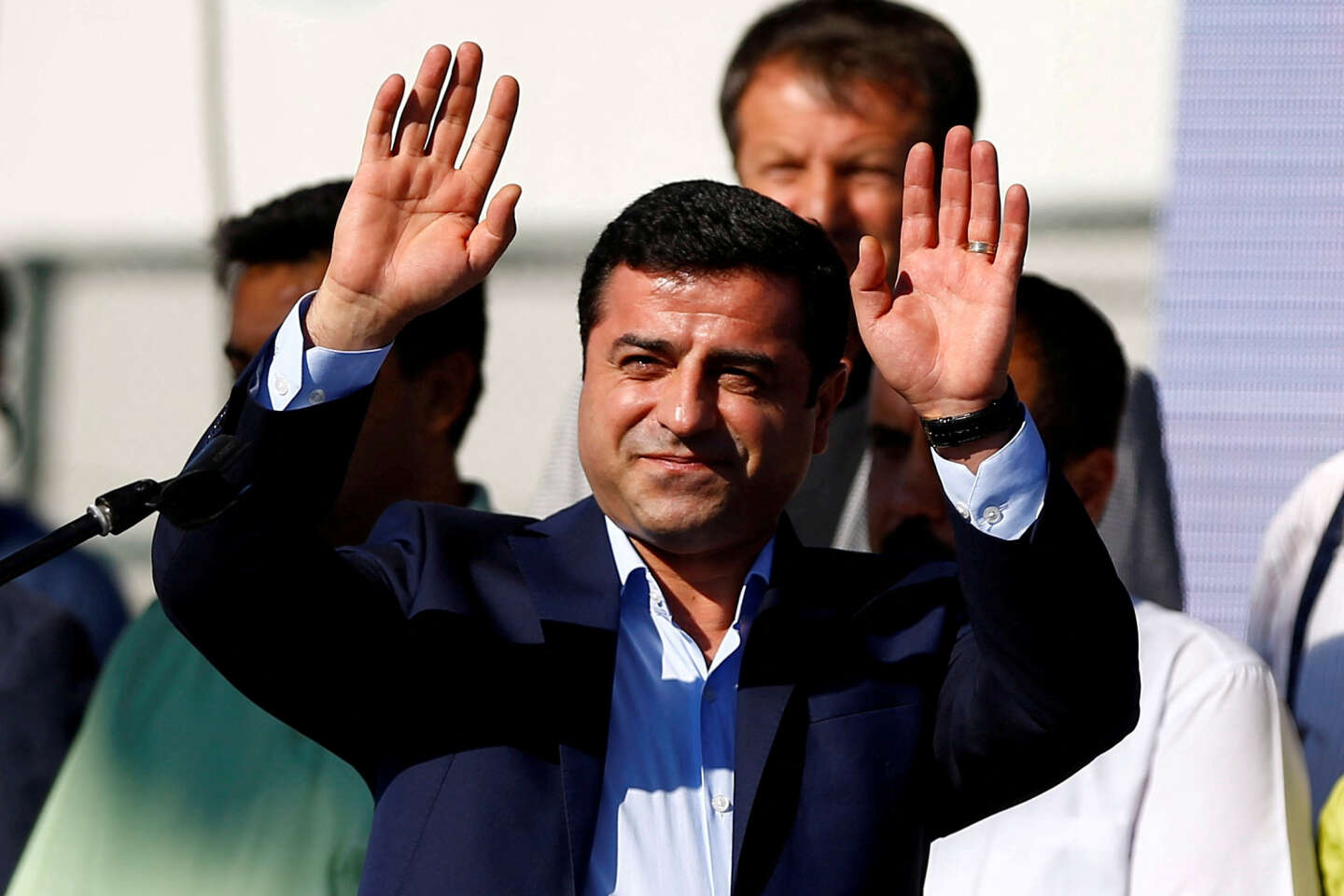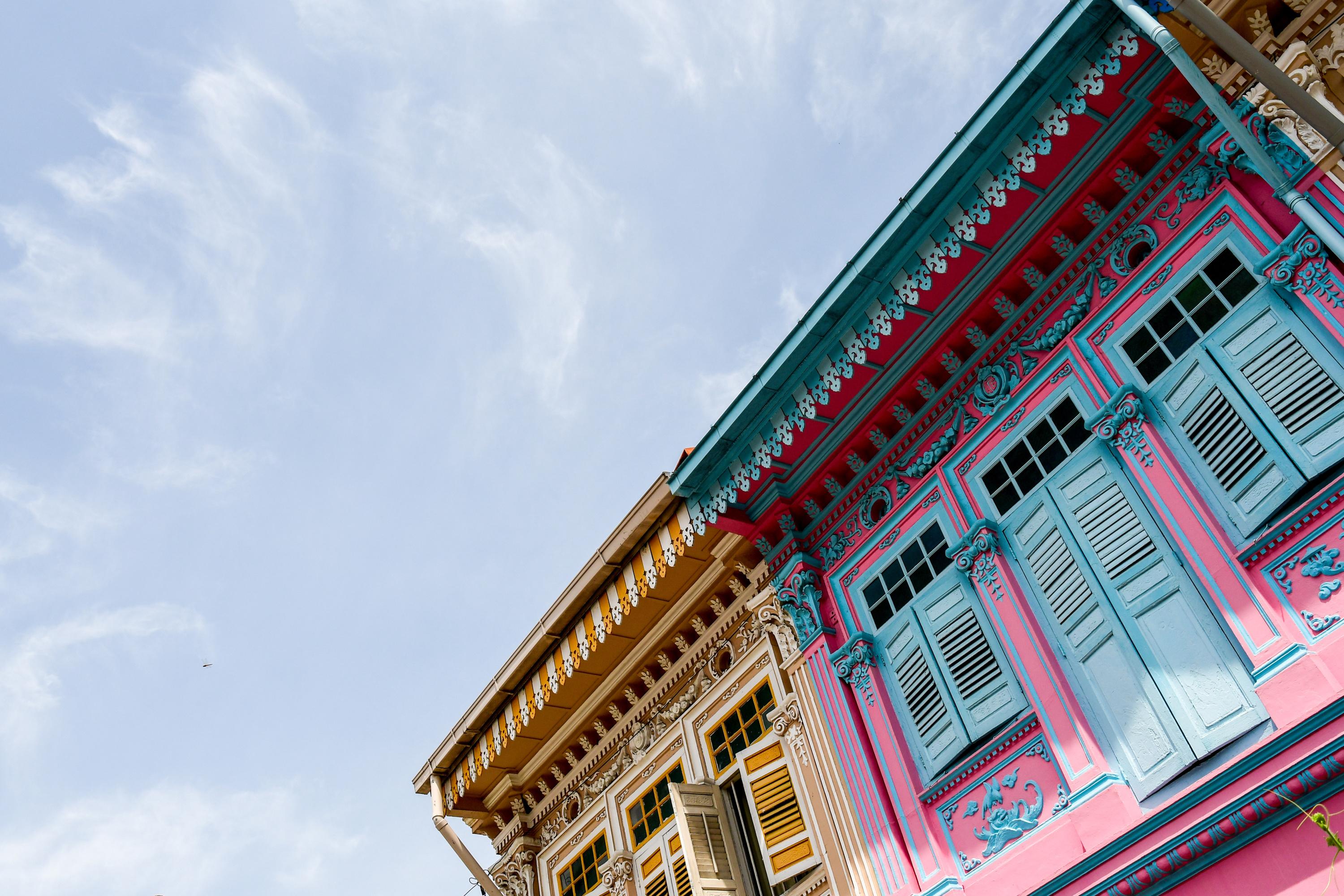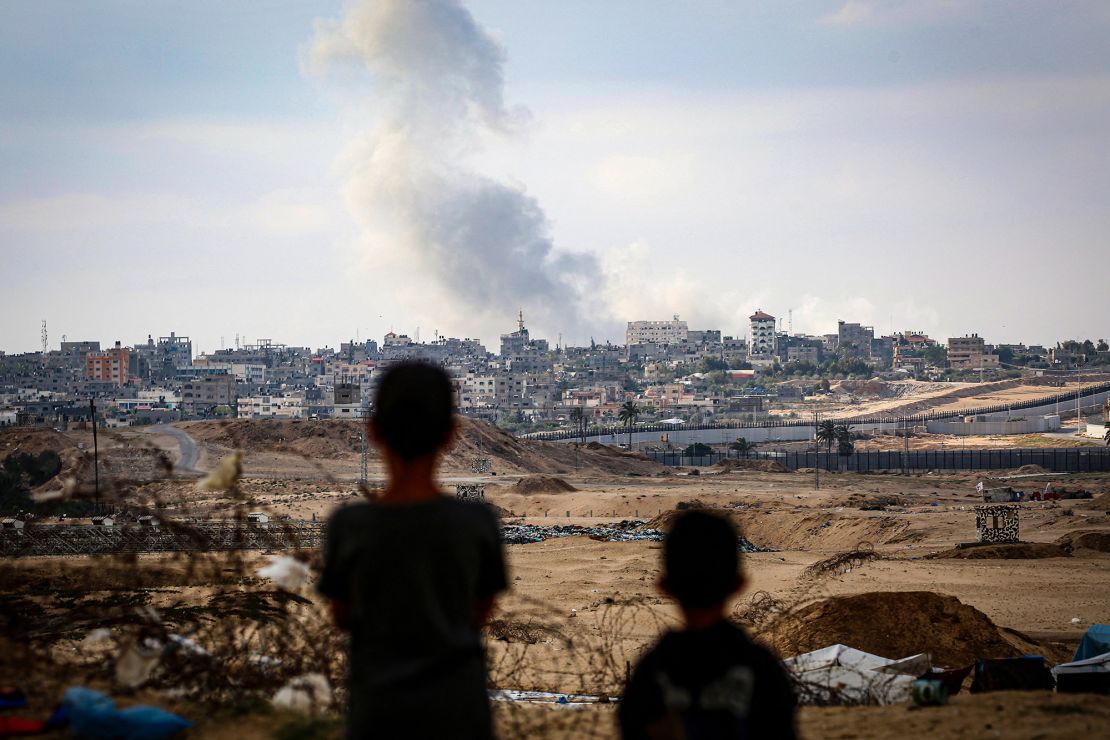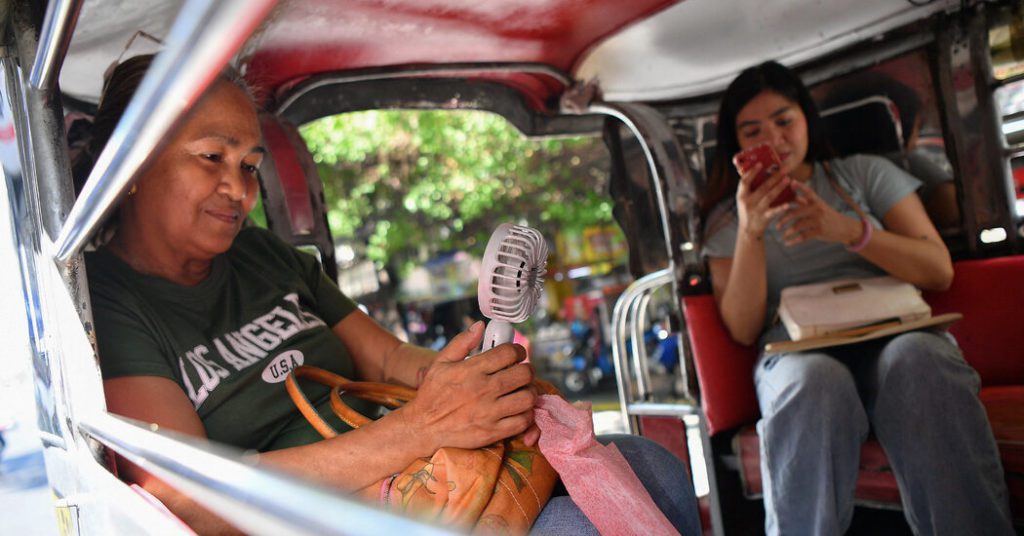The Philippines closed all public schools on Monday and Tuesday due to dangerously high temperatures, moving classes online in a country where schools are usually closed due to tropical storms.
Over the past week, average temperatures in many parts of the country exceeded 40 degrees Celsius, or more than 100 degrees Fahrenheit. This week's extreme heat is expected to cover almost the entire country, with the heat index in some areas rising to at least 42 degrees Celsius, or the “danger” level, according to the Philippine Atmospheric, Geophysical and Astronomical Services Administration. This rating is the second highest on the agency's heat index scale. She advised people to avoid exposure to the sun or risk heat stroke, heat exhaustion and cramps.
In the capital, Manila, where the heat index is expected to reach 45 degrees Celsius early this week, residents of crowded slums have cooled down by setting up colorful inflatable pools on busy roads. Others in this huge city dive into Manila Bay, violating the rules prohibiting swimming in its polluted waters.
In its warning about school closures, the Education Department said on Sunday that the extreme weather coincided with a nationwide strike of jeepneys, the colorful open-air vehicles that are the main mode of public transportation in the Philippines. Jeepney drivers are protesting against a government plan to phase out their rides – which have their origins in US military jeeps – and replace them with modern, more energy-efficient minibuses.
The extreme heat had already forced some schools to cancel classes before the government called for closure. Jesus the Good Shepherd School in Imus, a city south of Manila, sent students home last week due to high temperatures, even though the private institution is among a small minority of schools in the country that have air conditioning in every classroom.
“It is difficult for both students and teachers to concentrate, because the air conditioner also has a problem,” said Anna Marie Makarimbang, a fifth-grade teacher at the school who has taught for nearly two decades. “We are in a tropical country, yes, but the heat is more intense now than I can remember.”
Historically, weather-related school closures in the Philippines have been more common during typhoon season The peak is between July and October. Teacher groups stressed that the current closures could have been avoided if the authorities had not changed the school calendar after the pandemic. The school year now runs from August to May, roughly, instead of the previous schedule of June to March.
President Ferdinand Marcos Jr. said he had no objection to adjusting the school calendar, and blamed climate change for the extreme temperatures. Mr. Marcos said earlier this month that the government “didn’t really expect it to be this way.”
Extreme temperatures are also disrupting daily life in other parts of Asia, including Cambodia Vietnam. Earlier this month, a heatwave forced schools in Bangladesh and India to close.

“Infuriatingly humble alcohol fanatic. Unapologetic beer practitioner. Analyst.”






More Stories
Russia advances in Ukraine as Putin meets Xi in China: Live updates
Egypt warns Israel of “severe repercussions” of the Rafah operation in Gaza
More research has shown that surgical patients face fewer risks when their doctors are women